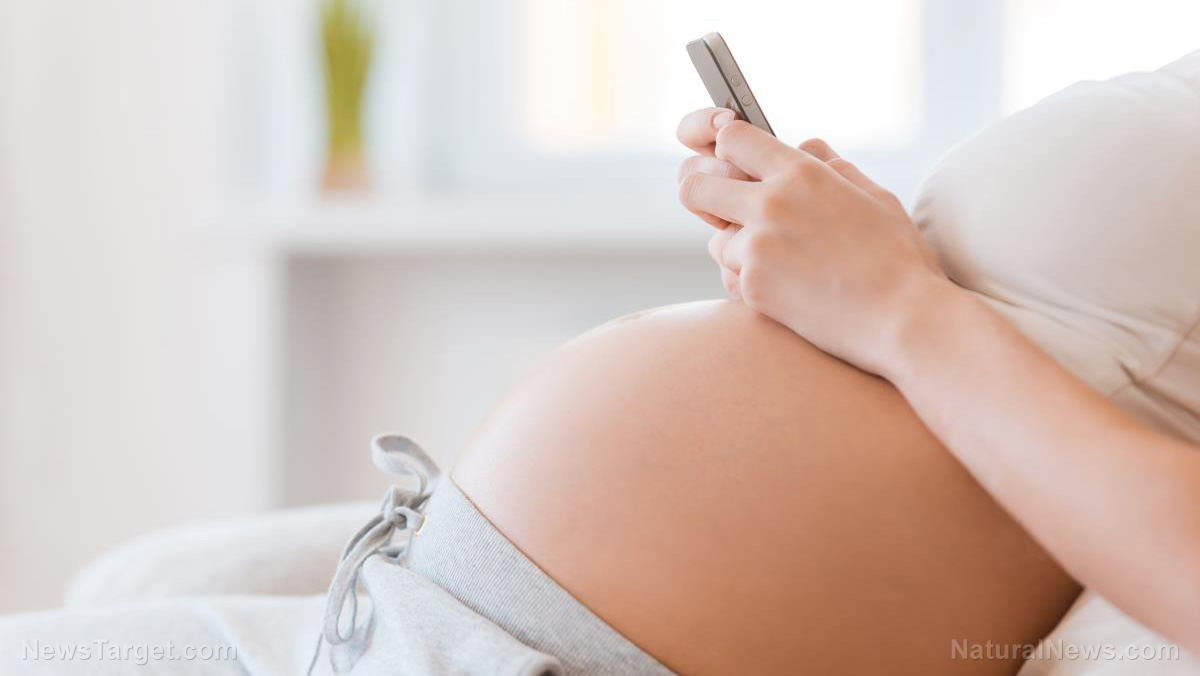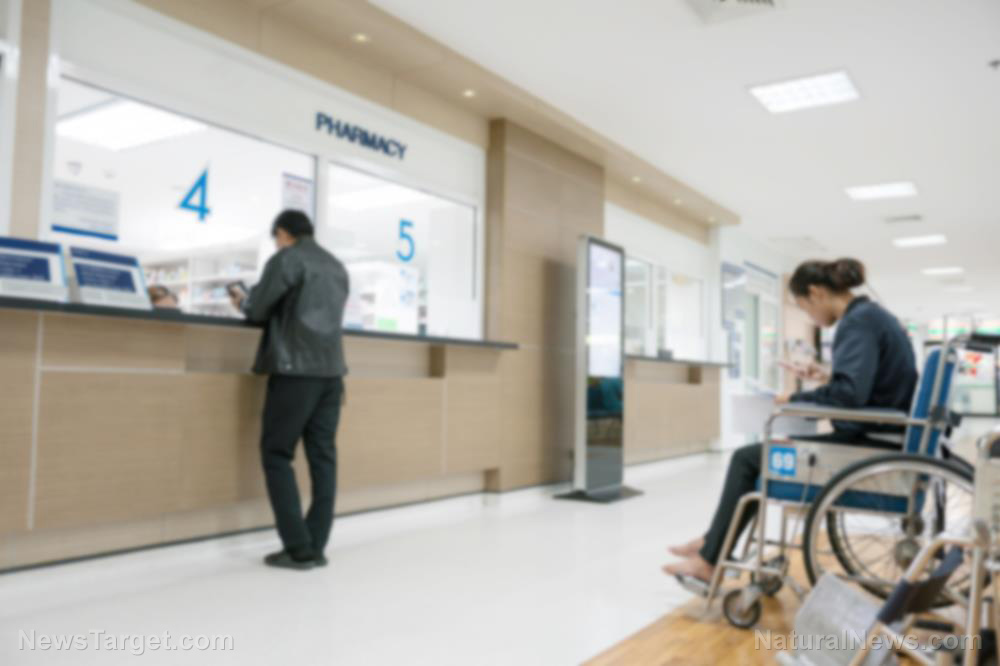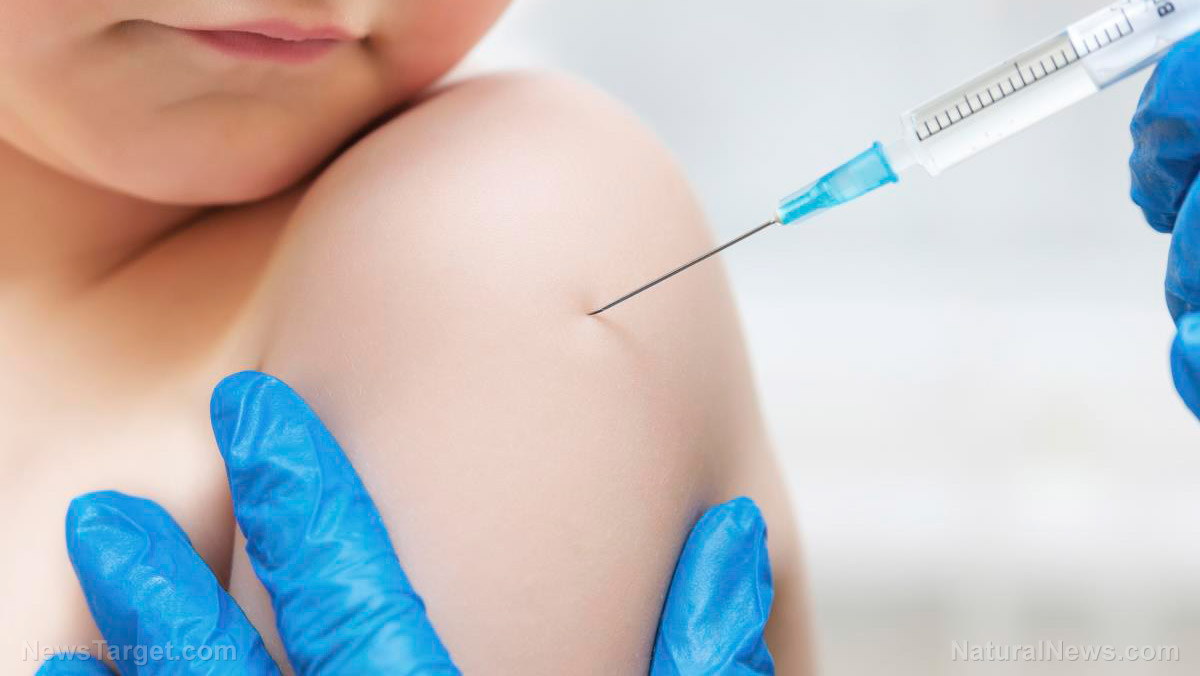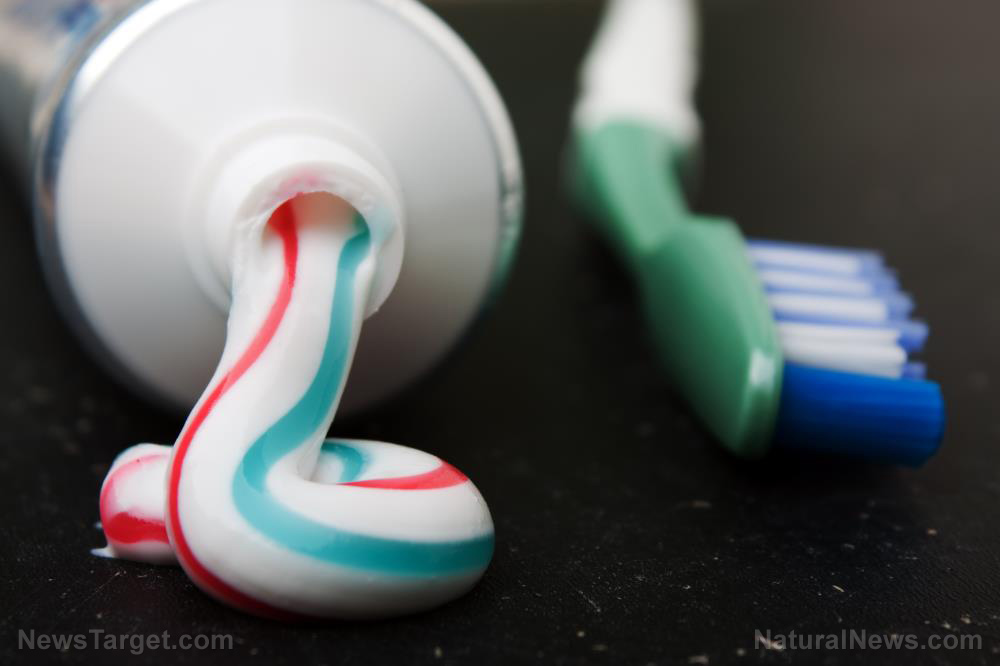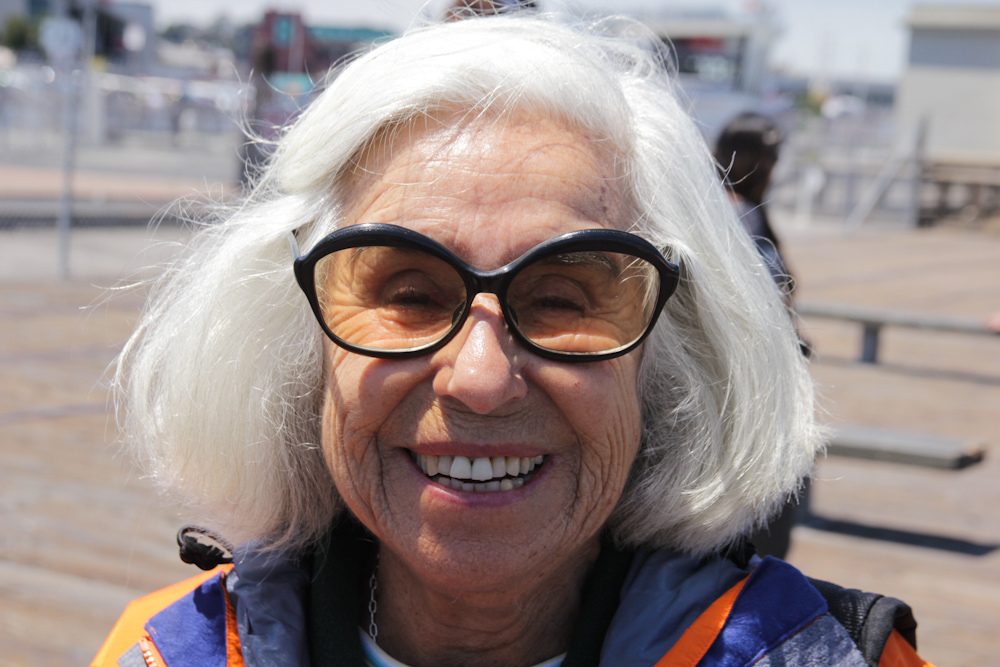Poll finds that parents feel unprepared for emergencies and are therefore more likely to rush to the ER for minor concerns
10/03/2018 / By Janine Acero

If a child experiences medical situations such as a minor burn, bouts of vomiting, or accidentally swallowing a pill, parents have the daunting task of determining whether to administer first-aid at home, call for urgent care, or rush their child to the nearest emergency department.
A recent nationwide poll, which included responses from 386 parents with at least one child aged zero to five years old, suggests that half of the parents are unsure of what to do in such a situation. According to C.S. Mott Children’s Hospital National Poll on Children’s Health at the University of Michigan, one in 10 parents unnecessarily rush their child to the ER for common situations that could be handled at home like a minor burn, and about a third of the parents would do the same for ingestion of pills.
What constitutes an emergency?
Minor burns, for instance, can be handled by a child’s primary care doctor or an urgent care clinic. True emergencies such as difficulty breathing, severe bleeding, and seizures among other ailments, warrant a trip to the ER, but determining whether a situation is an actual emergency can be nerve-wracking for parents who get confused trying to make the right decision.
Parents may feel a certain reassurance from going straight to the ER, but some cases (like a choking incident) would benefit more from immediate help, instead of a delayed response through a trip to the hospital – according to Gary Freed, M.D., M.P.H., a Mott professor of pediatrics and the poll’s co-director. (Related: Visiting a hospital far riskier than flying in an airplane.)
Mother Nature's micronutrient secret: Organic Broccoli Sprout Capsules now available, delivering 280mg of high-density nutrition, including the extraordinary "sulforaphane" and "glucosinolate" nutrients found only in cruciferous healing foods. Every lot laboratory tested. See availability here.
In the poll, the parents indicated that their immediate response to their child choking would be to try to dislodge the object using different tactics:
- 69 percent of the parents said they would perform the Heimlich maneuver;
- 54 percent would try to remove the object with their finger;
- 48 percent would hit their child on the back;
- 29 percent would call 911 for assistance;
- 25 percent would turn their child upside down; and
- eight percent would take the child directly to the ER
Similarly, half of the parents were confident that they would know the appropriate action to take if their child swallowed medication. The instant responses included:
- Calling Poison Control (61 percent);
- Trying to remove any pills from the child’s mouth (53 percent);
- Rushing their child to the ER (32 percent);
- Making the child throw up (26 percent);
- Calling 911 for advice (26 percent); and
- Calling their child’s doctor (25 percent)
“Generally, calling Poison Control is an excellent first step to take if a parent suspects their child swallowed something harmful. Poison Control staff are trained to get important information from parents about the type of medication their child might have swallowed and direct them on the next steps to take,” said Freed.
“Also, in the heat of the moment, parents who rush to the ER might forget to bring the source of the possible poisoning, leaving ER providers with limited information to determine the child’s treatment.”
According to the poll results, four in 10 parents (43 percent) lacked basic first-aid training, which would explain their reliance on rushing straight to the ER in less severe scenarios, despite the longer waiting time and higher medical costs.
“Many visits to emergency departments are for non-emergent conditions,” says Nicole Sroufe, M.D., M.P.H., medical director and service chief of children’s emergency services at Mott.
Ten percent of the participants indicated having received first-aid training within the past year; 24 percent had training one to five years ago; and 23 percent more than five years ago.
“We found that parents who had recent first aid training were more confident in handling common medical situations,” according to Freed. “First aid training can help parents stay calm and manage the situation more effectively.”
Read similar stories to this one at Research.news.
Sources include:
Tagged Under: childcare, children, children's health, emergency, emergency room, ER, first aid, parenting, Parents

